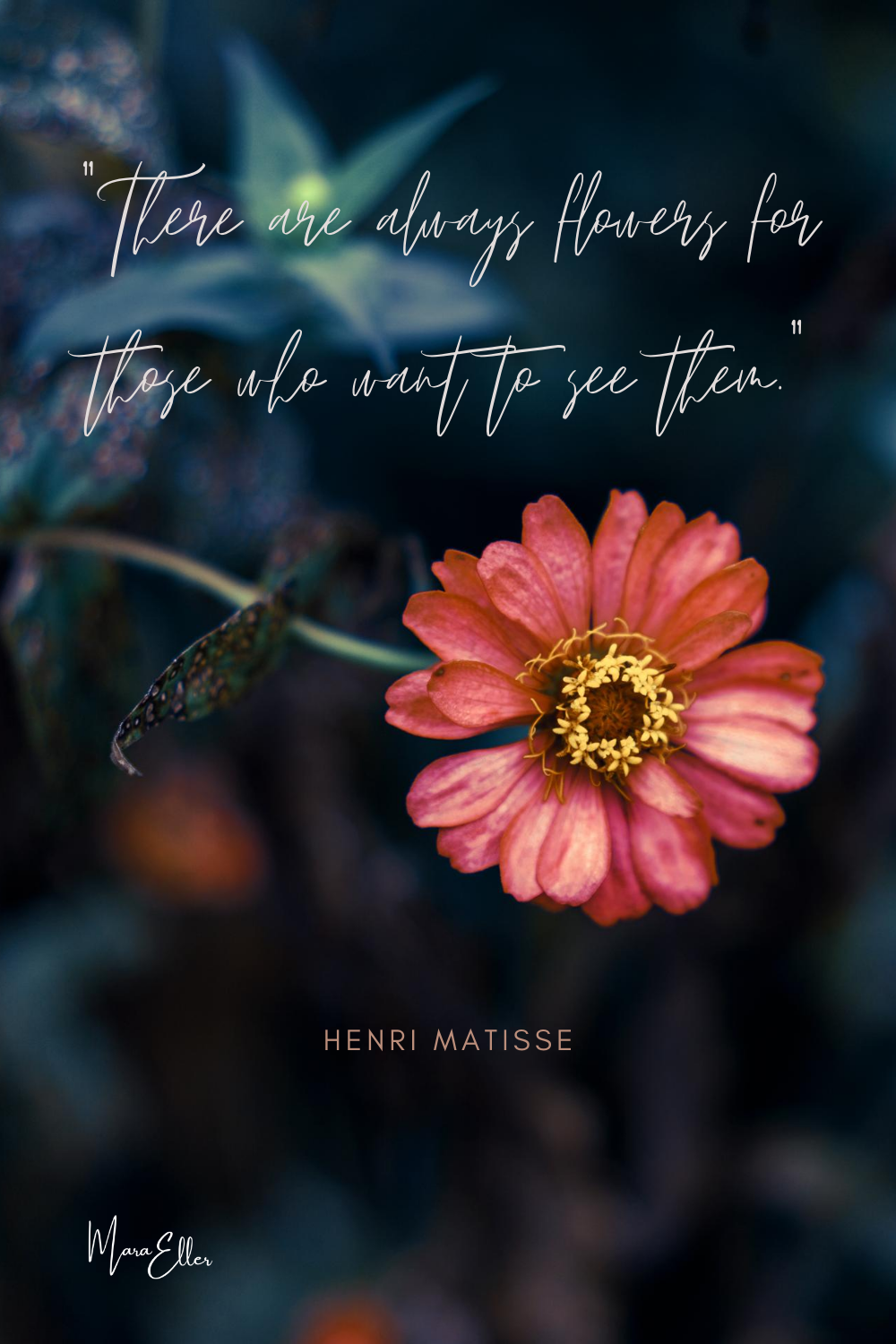Beauty in the Unexpected
originally published September 10, 2020
If you’re like me, you rely daily on an illusion of control. For most of us, the last five months have shattered that illusion.
Human beings are intentional animals. We make lists. We plan. We envision our future—the next hour, day, month, year, decade—and we rest in and act upon a belief that, at least to some degree, our future will resemble those plans. The belief that our actions can influence certain outcomes is called self-efficacy, and it’s foundational for a productive, fulfilling life.
Yet, if we’re honest, we know on an intellectual and spiritual level that we can’t truly control much of happens in our lives. Most of us are pretty good at ignoring that uncomfortable fact.
Enter COVID-19. The disruptions we have all been enduring are myriad and more than surface deep. For some, for many, they have been catastrophic. My family is incredibly privileged and has been very lucky so far, but even so, these have been a difficult five months.
A week ago, I wrote about feeling overwhelmed by the sheer magnitude of all the things I didn’t expect to have to be dealing with right now. It felt good to list them out, to name them and allow them to be.
But it didn’t feel complete. As a melancholic type (Enneagram 4), I’m pretty good at holding space for those negative feelings, and I think it’s incredibly important to allow ourselves to feel and process those unpleasant emotions. But it’s also easy to get lost in them.
It’s easy to lose ourselves in a swamp of uncertainty, anxiety, overwhelm, and exhaustion that continues to rise around us as we paddle, shaking with fear and fatigue, toward an unfamiliar and inauspicious autumn. And if we’re not careful, we could drown there.
There’s no way around the fact that this is not what any of us signed up for and certainly not what any of us would have chosen. But that’s not the end of the story. There is unexpected beauty and joy in these times too, and it’s precisely when things feel the hardest and look the darkest that we need to search for those silver linings.
So this week I did some searching, and amidst the muck of unexpected difficulties and the slime of impossible decisions, I found some unexpected beauty and meaning blossoming—flowers fertilized by all the crap we’ve been wading through, blooms I never would have seen if all had gone according to my plan.
Here is what I found.
I never expected to have to finish the 2019/2020 school year over Zoom and miss the chance to say goodbye to my seniors, but I also didn’t expect have five full months at home with my last baby before I’d have to go back to work, to have the opportunity to work from home that, despite its challenges, meant I wouldn’t have to pump or worry about bottles or rush her to get somewhere on time. I didn’t expect to have her dad at home with us too, able to give her kisses and smiles throughout the day, to take her on long walks in the afternoons or while he’s on a zoom call, to come see when she giggles or squeals or rolls over.
I didn’t expect to have an empty social calendar, void of the dinners, playdates, and ladies nights I have grown to rely upon, to be unable to take my children anywhere, even to a playground, but I also didn’t expect to get to (read: be forced to) live at such a slower pace, to be able to flex and stretch with the needs and whims of our three children. I didn’t expect to be able to drop any “plans” and read books with the girls, snuggling into my big bed, when I realize their little tanks are running on empty and in desperate need of my focused attention. To go on another bike ride, do another puzzle, play “pretend I’m a baby bird and haven’t hatched yet” one more time. To stay in pajamas until lunch or dinner or bedtime again.
I didn’t expect to be isolated to the point of loneliness, which is really saying something for an introvert, but I also I didn’t expect to have all this room for my soul to breathe. To take up mindful meditation and listen to all the podcasts. To sit and write, without worrying about what I’m missing during that time (since our social lives are almost non-existent). To establish simple rhythms that fit with our needs and goals, unconstrained by external deadlines and demands.
I didn’t expect to forget what it is like to have in-person interactions, to exist bodily alongside humans who aren’t my family, to share that emotional space as a consequence of physical proximity, to start feeling like the awkward, shy girl I was in high school who didn’t know how to carry on a normal conversation. But I also didn’t expect to get so used to virtual conversations that it would seem much more normal and appealing to talk via phone or FaceTime with geographically distant friends, refreshing those relationship that had begun to fade. To find that the forced isolation of the postpartum months (I gave birth the week that the country first shut down) would be shared to some degree by nearly everyone, making me feel so much less left out and alone this third time around. To realize that, while it’s a bit extreme right now, the reduced social interaction of these past months is actually better for my soul in some ways—affording more time for reflection, for silence, for listening to the quiet voice within.
I didn’t expect to spend so many days at home that the routine of “getting ready” in the morning became a distant memory, but I also didn’t expect to have my everyday “look” become one free of makeup, jewelry, or artifice of any kind, and to be ok with other people seeing that version of myself, on the rare occasions that we actually interact with other humans. To find that this change in my appearance changes nothing about those interactions, that these other humans still want to talk to me, despite my sub-par presentation. To find that, while I am relieved to see that I can still look more “presentable” or “beautiful” or just generally less haggard when I take the time to put on some makeup and do my hair and select an outfit, I don’t need to appear that way all the time to maintain a fragile sense of self-worth or an expectation of social acceptability—and to model that for my girls.
I didn’t expect to become painfully aware that the choices of others can directly influence my health and that of those I love, but I also didn’t expect to get to reflect upon how intertwined our lives are by the simple fact that we occupy the same buildings and communities and countries and planet. To think about how much of our peace, safety, and dignity depends on the choices of others and how much my choices, in turn, influence others. To feel the immense power we each wield in the world and simultaneously to feel utterly powerless. To realize that only our minds are truly our own—and then only if we learn to control them—that it is in our responses to our circumstances that our freedom resides, despite all the ways we may try to convince ourselves otherwise.
I have to be intentional about seeing the good in the bad, about focusing on the silver linings instead of only on the dark clouds. But I’m learning—slowly, painfully—that the good, the joy, really is there if I will choose to seek it. They are co-mingled: bad and good, sorrow and joy, pain and pleasure, grief and delight.
That, at least, we may always expect.





